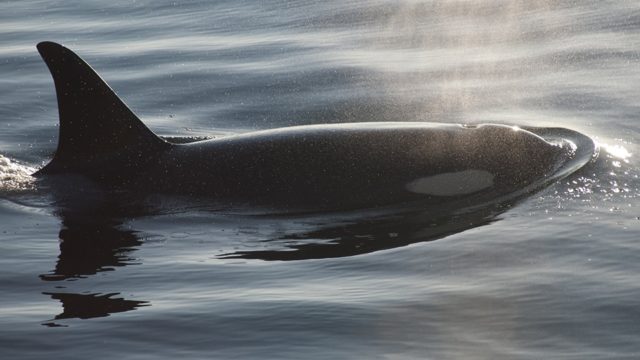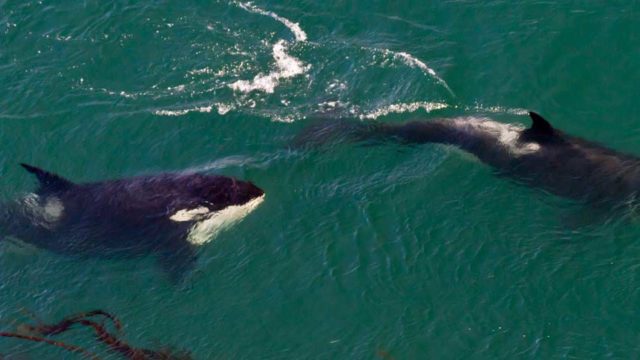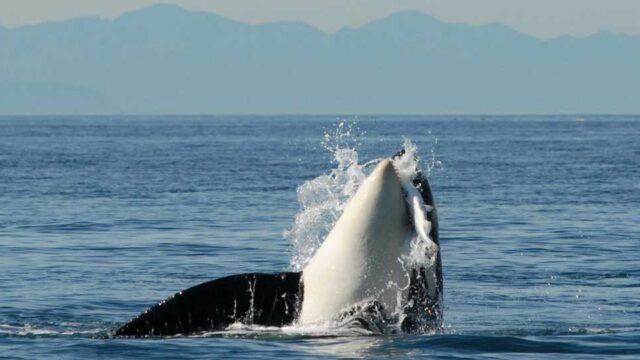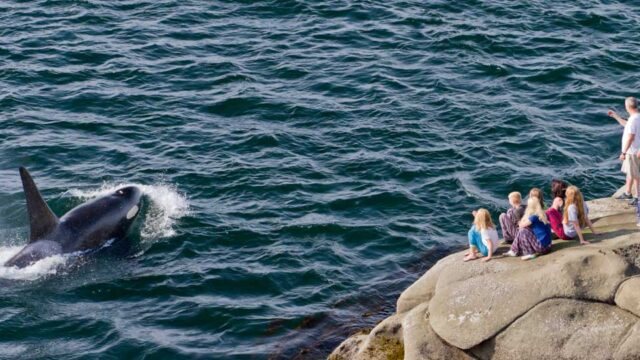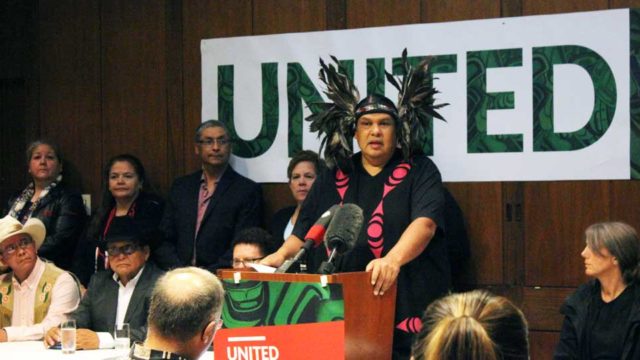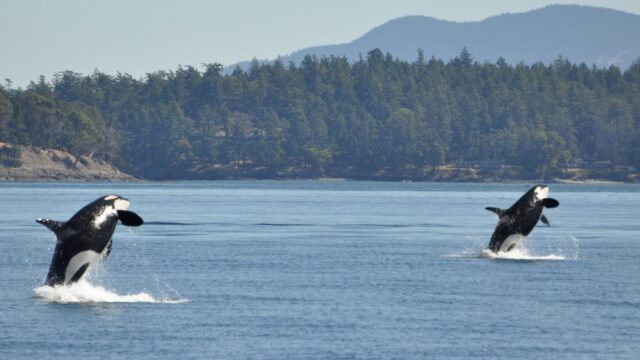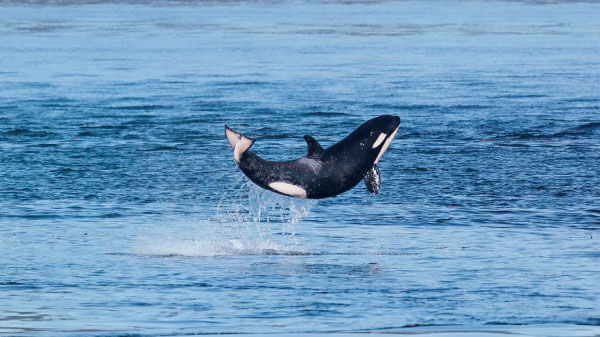The Trans Mountain pipeline project and associated tanker traffic pose a significant threat to the future of endangered Southern Resident killer whales.
Despite this, Canada’s National Energy Board (NEB) concluded in May 2016 that the project’s benefits (all economic) outweighed the burdens (mostly environmental). One month later, Ecojustice lawyers filed litigation challenging the lawfulness of the NEB’s report.
Then, in November of that same year, cabinet officially approved the controversial pipeline project. In response, Ecojustice lawyers applied to the court for leave for a judicial review of the approval. The groups argued that cabinet broke the law when it relied on the NEB’s report that used an overly narrow interpretation of the law to avoid addressing harm to endangered Southern Resident killer whales and their critical habitat.
Ecojustice lawyers, on behalf of Raincoast Conservation Foundation and Living Oceans Society, appeared in court in October 2017, to argue against the project as part of a landmark, two-week hearing at the Federal Court of Appeal (Tsleil-Wauthuth Nation et al. v. Attorney General of Canada, et al., 2018 FCA 153).
The court heard multiple cases at the time, including those from the Tsleil-Waututh Nation, Squamish Nation, Coldwater Indian Band, Upper Nicola Band, Stk’emlupsemc Te Secwepemc Nation, Sto:lo applicants. The City of Burnaby and City of Vancouver also challenged the project in court, and the government of British Columbia intervened in the hearing.
Despite strong scientific evidence on impacts on the Southern Residents, widespread public opposition and multiple legal challenges, the Canadian government announced the following May that it would purchase the existing pipeline and planned expansion from Texas-based company Kinder Morgan for $4.5 billion.
Then, on Aug. 30, 2018, the Federal Court of Appeal handed Ecojustice’s clients and the First Nations applicants’ a major victory. The court found that the government’s approval of the project was void because it did not comply with Canadian law, including the responsibility to protect endangered Southern Resident killer whales. It also found the government had failed to properly consult with Indigenous Peoples.
On Oct. 3, 2018, the Canadian government announced that it would not appeal the decision.


